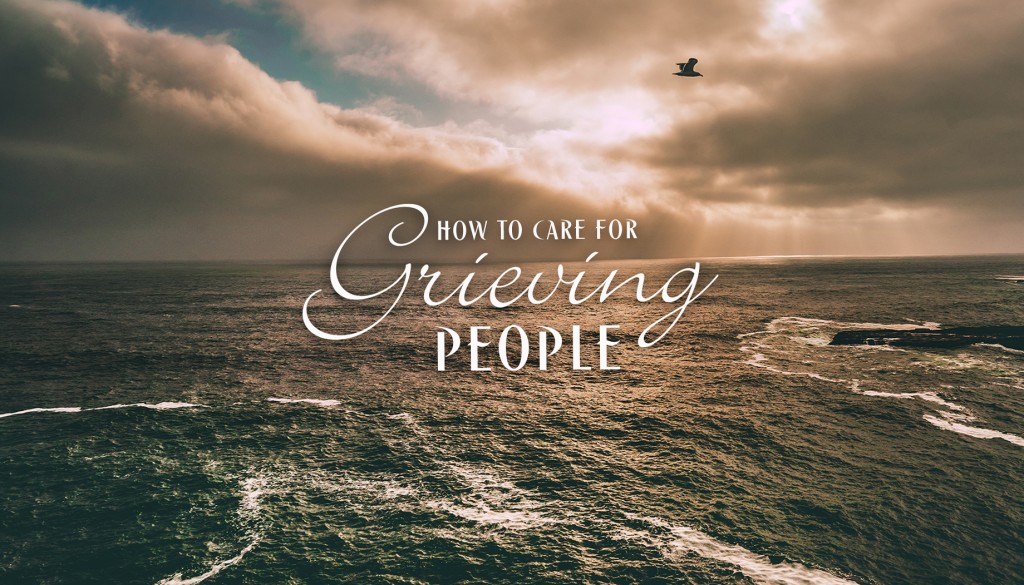
Helping grieving people is risky. Tell someone that you’re sorry he lost his loved one and he may tell you that “People lose keys; I know where my wife is!” Or, your well meaning words can bring a person to tears. Or, a woman’s poise may lead you to think she is doing fine with her grief only to discover—after she’s left the church—that she felt as if no one cared for her. This week’s Care Issue articles will help you understand and answer the concerns and questions of grieving people. And you’ll also find helpful advice for caring for grieving children and teens.
How young children and teens differ in their grief
Dr. Elias Moitinho gives a quick and helpful overview of the differences between the ways children and teens grieve. Looking for more information on grieving children and teens? About … [Read More]
 How children respond to loss and how to help
How children respond to loss and how to help
Most of us like to think of children as lighthearted, happy-go-lucky, without a care in the world. Yet, we know that many children will experience the death of a loved one. When a death occurs … [Read More]
Am I grieving like a Christian? Inside the surprising concerns of the bereaved
When you’re helping grieving Christians, it’s important to remember that they’re doing more than grieving their loved one’s death. They’re also evaluating their response to their loved one’s death … [Read More]
Why is my grief lasting so long?
Even with a solid belief system, a person’s grief can be long and intense. Sandy: I am a Christian, and I was surprised that my grief was so long-lasting and strong … [Read More]
How to equip your leaders to care for grieving people
Even with a solid belief system, a person’s grief can be long and intense. Sandy: I am a Christian, and I was surprised that my grief was so long-lasting and strong … [Read More]



